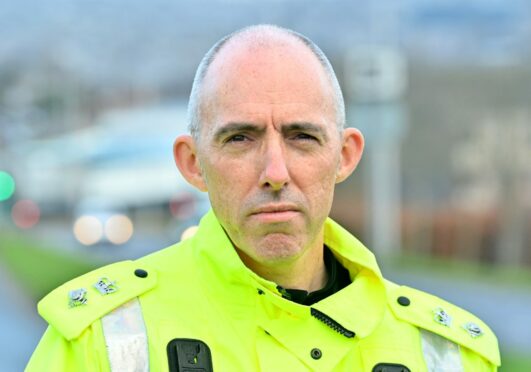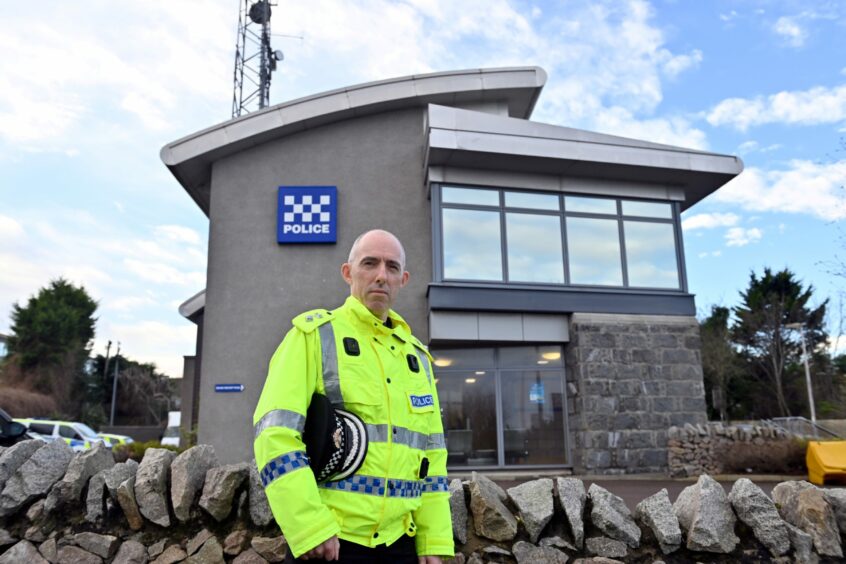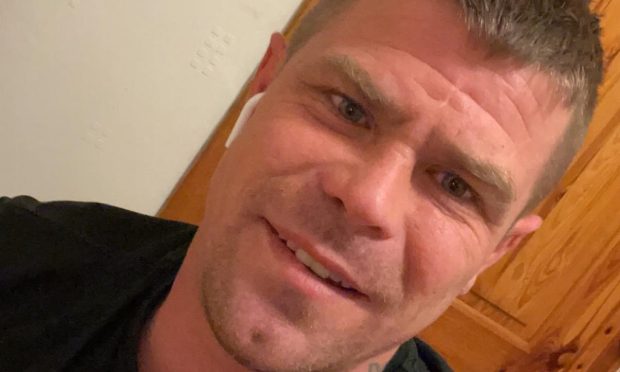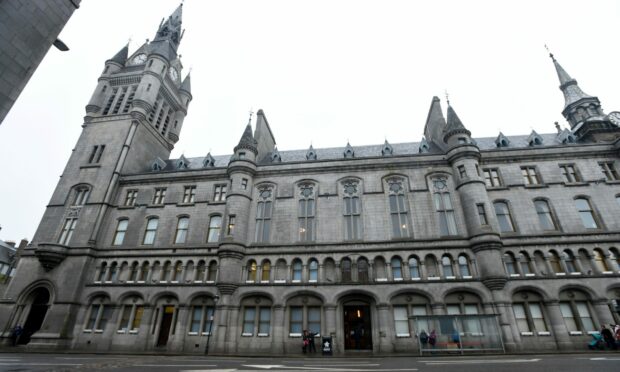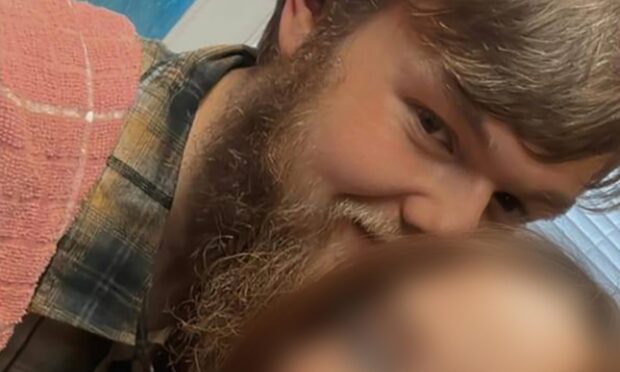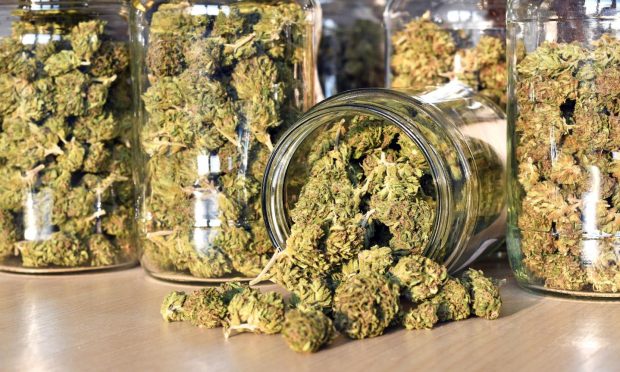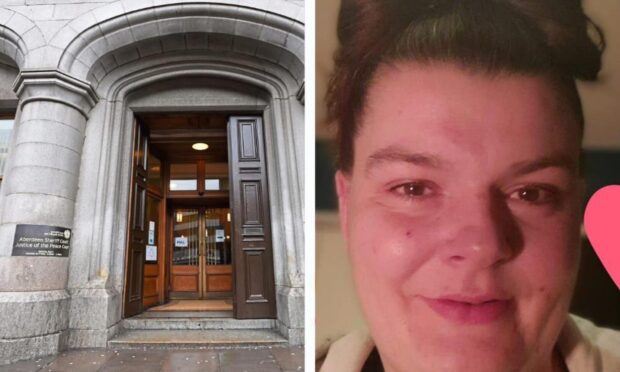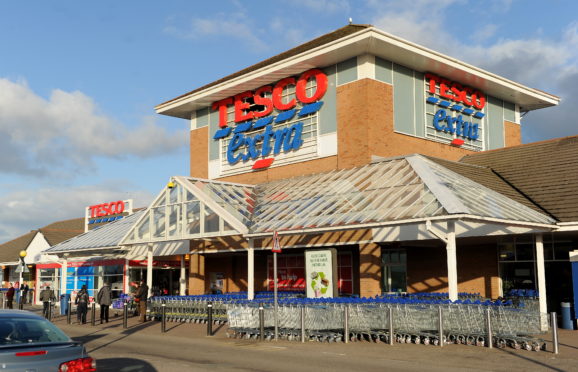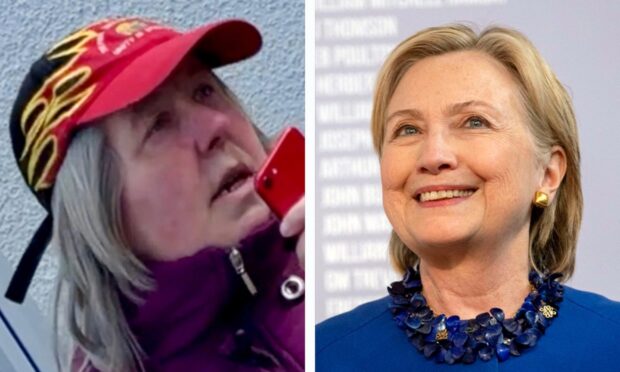A dramatic rise in mental health issues across the north-east has resulted in police officers often spending 80% of their time assisting the region’s most vulnerable people, according to the north-east’s top cop.
North East Division’s Commander Chief Superintendent George Macdonald said that the Covid-19 pandemic has caused a “significant increase” in vulnerability within communities – with his officers spending double the amount of time supporting people with mental health problems than a decade ago.
He also called for support services to adapt to the changing needs of people in crisis, particularly during situations when “the last thing they need to see is a police officer”.
Mr Macdonald said that his officers have witnessed a sharp increase in call-outs related to vulnerable people in communities across the north-east.
He said: “Undoubtedly the pandemic and the last 20 months has had a significantly negative impact on many people’s mental health. I think it has also introduced a new cohort of people into that space.
“There are days for some of my staff where 80% of their time is spent dealing with vulnerability in the community.
“When I reflect back to when I was an operational officer 10 years ago, at that time 30% or 40% of my time would be dealing with vulnerability in different shapes and forms and guises.
“We’re dealing with at least double that now.”
Mr Macdonald also said those facing mental health issues, exploitation or vulnerability could, in many cases, be better served by support services who have the necessary skillset.
However, currently, the nature of policing means officers in the north-east are often the first point of contact for those with varied and complex mental health needs.
“We need to get the right people with the right skills going to see the person who’s in crisis at that time,” Mr Macdonald said.
“Policing is 24/7, but ultimately when someone is in crisis actually the last thing they need to see is a police officer – they could do with someone who has got the skillset to help them.
“My officers are extremely adept in terms of their skillset, their knowledge and experience, but actually we need to get to a position where the services are there when the demand is there – and the demand is 24/7. It isn’t Monday to Friday office hours.”
Hidden harm offences
Aside from mental health-related call-outs, Mr Macdonald said there has also been a rise in “hidden harm” issues, such as cuckooing, where dealers target vulnerable residents in order to store drugs without detection.
He said: “If you look at it from a public protection perspective, what we’ve seen is a lot of hidden harm in terms of vulnerable adults and vulnerable children.
“In the north-east we’ve had an above-average level of reporting of domestic abuse, child protection and adult protection issues throughout the pandemic.
“I actually see that as a positive – it shows the mechanisms are there and people have had the confidence to come forward.”
The chief superintendent also stressed that “barely a week goes by” where his office isn’t receiving a call from someone reporting individuals they have concerns about in their community.
However, he said one positive side effect of the pandemic is a renewed community spirit where people are willing to reach out to police to alert them to those who may be targeting vulnerable members of their communities.
Mr Macdonald added that in turn that allows police to pinpoint who is causing harm within local areas and remove them.
“On these sorts of crimes that’s where we’ll do our bit,” he said.
“Disruption is a massive element, but also the diversion of people away from those sorts of activities.
“The work we’re seeing across our communities with people reporting those who are vulnerable and where their homes are being used for cuckooing – that has really increased and hopefully will continue for the foreseeable.”
For all the latest court cases in Aberdeen, as well as the latest crime and breaking incidents, join our new Facebook group HERE.
